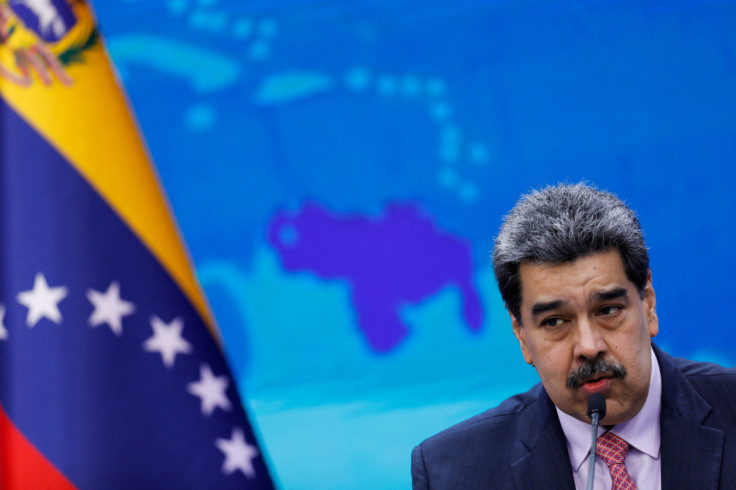
The National Electoral Council (CNE), Venezuela's electoral authority, announced that the country will hold presidential elections on July 28, the birth date of Hugo Chávez. The announcement was made by Elvis Amoroso, president of the CNE, who added that the body's members had "unanimously" settled on the date.
The full electoral calendar goes as follows:
- From March 21 to 25: eligible candidates will be able to register to participate.
- April 26: electoral register expires.
- From July 4 to 25: campaigns.
The announcement comes at a time in which the Venezuelan government has intensified its crackdown on political dissidents, ramped up censorship on national and international news outlets and refused to back down from banning María Corina Machado's presidential candidacy, an action which led the U.S. to reinstate several sanctions on Venezuela which had been eased after The Barbados Agreement.
The electoral calendar brings with it a series of complications just considering the timeframe. The date for eligible candidates to register, for example, leaves a very tight deadline that seems to rule out the running of Machado, overwhelming winner of the opposition primaries held in October. Last month, her ban was upheld by a Supreme Court ruling, a sentence which was labeled by Machado as "judicial criminality" and "the only tool they have left to stop adversaries." This leaves the opposition with just 20 days to establish a conjunct strategy against Maduro.
The expiration date of the electoral register also makes it virtually impossible to update the pool of Venezuelan voters abroad, a number estimated to be around 7.7 million people according to the United Nations Refugee Agency which is largely made up of migrants who have left the country due to socioeconomic difficulties and political positions and, therefore, oppose the Maduro regime.
Lastly, the electoral calendar jeopardizes the participation of credible international observation on the day of the elections as authorizations, processes and logistics for such involvement are made with considerable time in advance. Just last week, when announcing potential dates for the elections, the Venezuelan government announced that invitations to international observers would be extended as long as they "comply with strict respect for the Constitution, the law and applicable legal norms", leaving the door open to the type of discretionary decisions that the opposition has denounced in the past.
It's also worth noting that on February 21 the Venezuelan government expelled expelled the 13 members who made up the United Nations High Commissioner for Human Rights in the country, shortly after the entity voiced concern over the detention of activist Rocío San Miguel.
© 2025 Latin Times. All rights reserved. Do not reproduce without permission.




